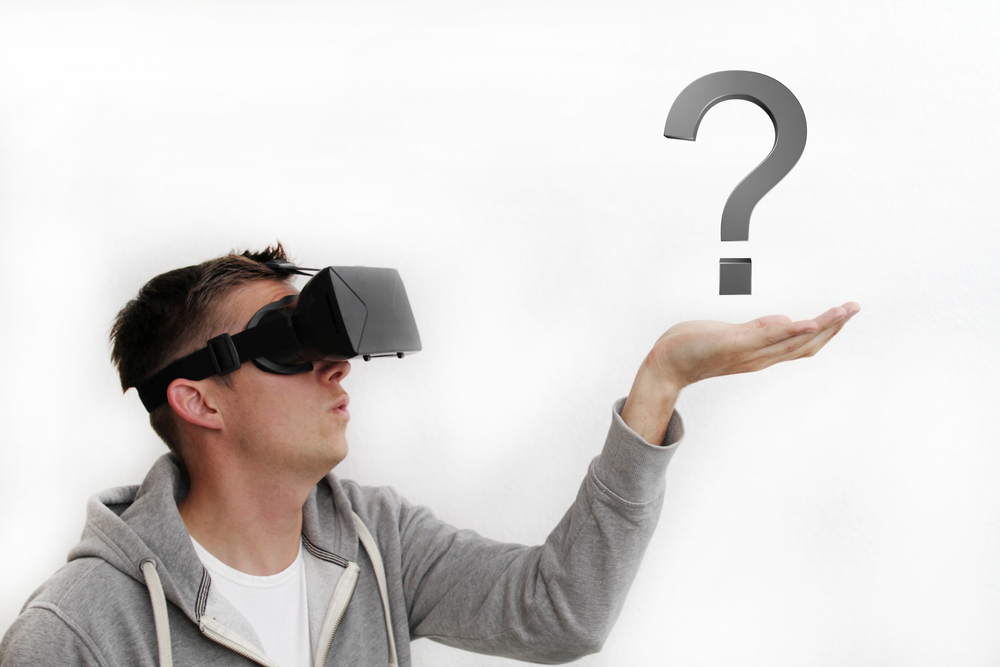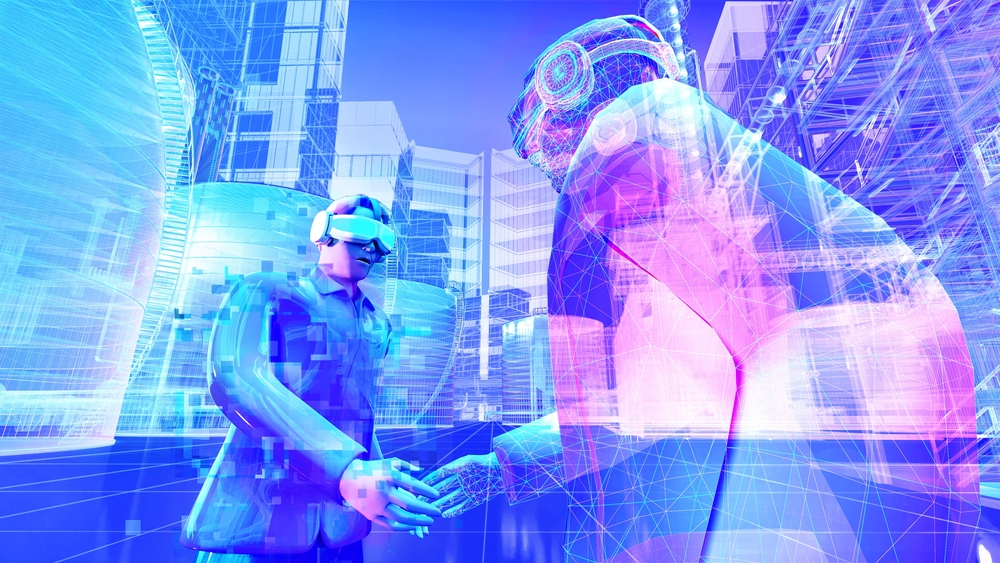In our previous article on “Real estate in the metaverse,” we discussed the significance of blockchain technology in the real estate sector.
Even though so many real estate platforms are yet to embrace blockchain technology, the ones who have done so have stories to tell.
As blockchain technology continues to evolve in the world at large, a lot of platforms will continue to embrace this technology.
On the other hand, the metaverse is another technology that has been making rounds lately.
As a virtual space made possible through different technology concepts, blockchain technology has a solid part to play in getting an ideal decentralized metaverse.
In this article, we discuss the metaverse and how blockchain technology relates with it.
What is the Metaverse all about?

The goal of technology is to make work/things easy. That is why developers are always stressing on a seamless user experience in any product they create.
The term “metaverse” doesn’t refer to a particular technology, but a shift in how we interact with technology.
The metaverse is a concept of the internet that involves people living and interacting in a virtual world that is facilitated by virtual reality (VR), augmented reality (AR), AI, social media and digital currency.
If you want to understand the concept of the metaverse, just picture gaming centers, or people living in a virtual world in the form of Avatars.
You can also see the metaverse as a concept which replicates the physical world into a digital world, where users experience real life activities virtually.
Is the Metaverse same with the Internet?
Reading many articles about the metaverse can give you an unclear picture of what the metaverse really is.
You might think the metaverse is same with the internet.
The Internet is the interconnection of different computers in the world, sharing information between each other.
On the other hand, the metaverse builds on the internet.
Even if people buy and sell on the internet just like in the metaverse, people can’t live in the internet.
But to some extent, people can live in the metaverse.
The Metaverse without Blockchain technology
It is possible to build a metaverse without utilizing blockchain technology.
For example, the two top metaverse contenders, Apple and Meta, doesn’t use blockchain technology.
The metaverse without blockchain is a centralized virtual world where users can interact without ownership of their data or property.
The owners of such metaverse platforms have the full ownership of users assets.
Just like the “Ready player one game,” you can fully enjoy yourself, but of what use if you can’t own any asset there?
We can conclude by saying that the metaverse without blockchain technology makes users mere participants and not fully under control.
This is why the Metaverse needs blockchain technology.
The Metaverse and Blockchain Technology

Blockchain technology removes the power of centralization, making users in charge of their assets.
We discussed previously that information on a blockchain can be recorded and distributed, but cannot be edited once it is fed.
This makes all your digital assets safe and not under the control of a central body.
To make things easier, lets mention the importance of Blockchain technology in the metaverse:
Preserve and manage your virtual assets
In a centralized metaverse, users have no control over their assets, thus it’s not theirs in the first instance.
However, in a blockchain-based metaverse, users are the sole owners of their assets. They can decide to trade it or do whatever with it.
Security in the metaverse
The fear of hackers has reduced drastically since the invention of blockchain technology.
This is because, in the blockchain space, you only fall victim when you give access to hackers.
Whereas, in the normal (centralized) world, you can be drained with or without your consent.
Having your private and public keys give you charge over your assets.
Also, blockchain works with tokens, which are secure enough to transmit encrypted virtual information, personal data, and authorization keys.
With blockchain technology, no third-party without permission can access your personal data.
Finally, with “zero-knowledge proof” on the blockchain, people can identify important data in the metaverse while retaining their privacy and control over their digital assets.
Decentralization
A rigid virtual environment is not an ideal metaverse.
If the metaverse should function properly, then all participants must have control over their assets and operations.
Based on blockchain technology, so many nodes can easily synchronize in a particular metaverse, making it accessible to all.
Smart Contracts
The metaverse will look dull if it is not flexible enough to house activities without compromising decentralization and security.
Blockchain smart contracts can be deployed into the metaverse to enable social, economic, and other interactive activities in the metaverse.
Users would be able to trade their assets, attend events, build, and live in the metaverse.
The smart contracts can also keep the metaverse running by self executing actions when some criteria are met.
Real Money
Cryptocurrency is the major product of blockchain technology, so it can be incorporated into the metaverse for buying and selling processes.
Fiat currencies can’t feature in an ideal metaverse, so blockchain technology becomes vital for an ideal metaverse.
All metaverse platforms have their native cryptocurrency used for traditional money settlements.
For example, SAND – Currency of SANDBOX, MANNA- Currency of Decentraland, all built on the Ethereum blockchain.
Reward system
Blockchain products like NFTs can be used to reward metaverse users.
These NFTs can also be used to purchase metaverse items like avatar, game accessories, and to verify user ownership.
In metaverse real estate, the lands come in form of NFTs and are non fungible.
In-game assets
A centralized metaverse can create a virtual game hub, where users play games and earn rewards for doing so.
Since the platform is centralized, whenever the platform is having bugs or eventually closes, users will have no access to the platform, including their in-game assets.
But that’s not the case of a blockchain-based metaverse, even if there is a bug or the platform is not accessible, all users assets are safe in the blockchain and they only belong to them.
Conclusion
The utilities of blockchain technology cannot be overemphasized, as its inherent values strengthens its ground in the current and future space.
As a growing technology, it will continue to thrive in all sectors of the world.
